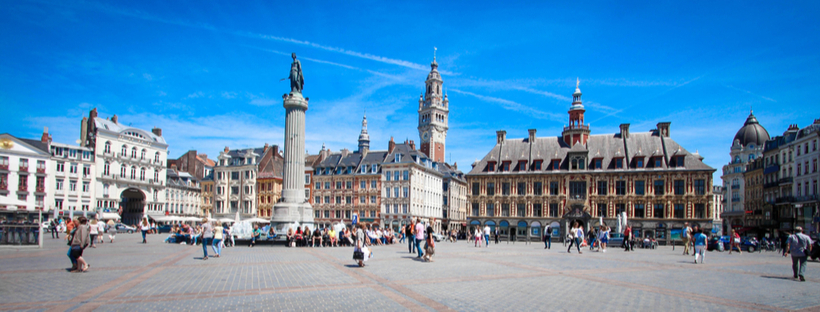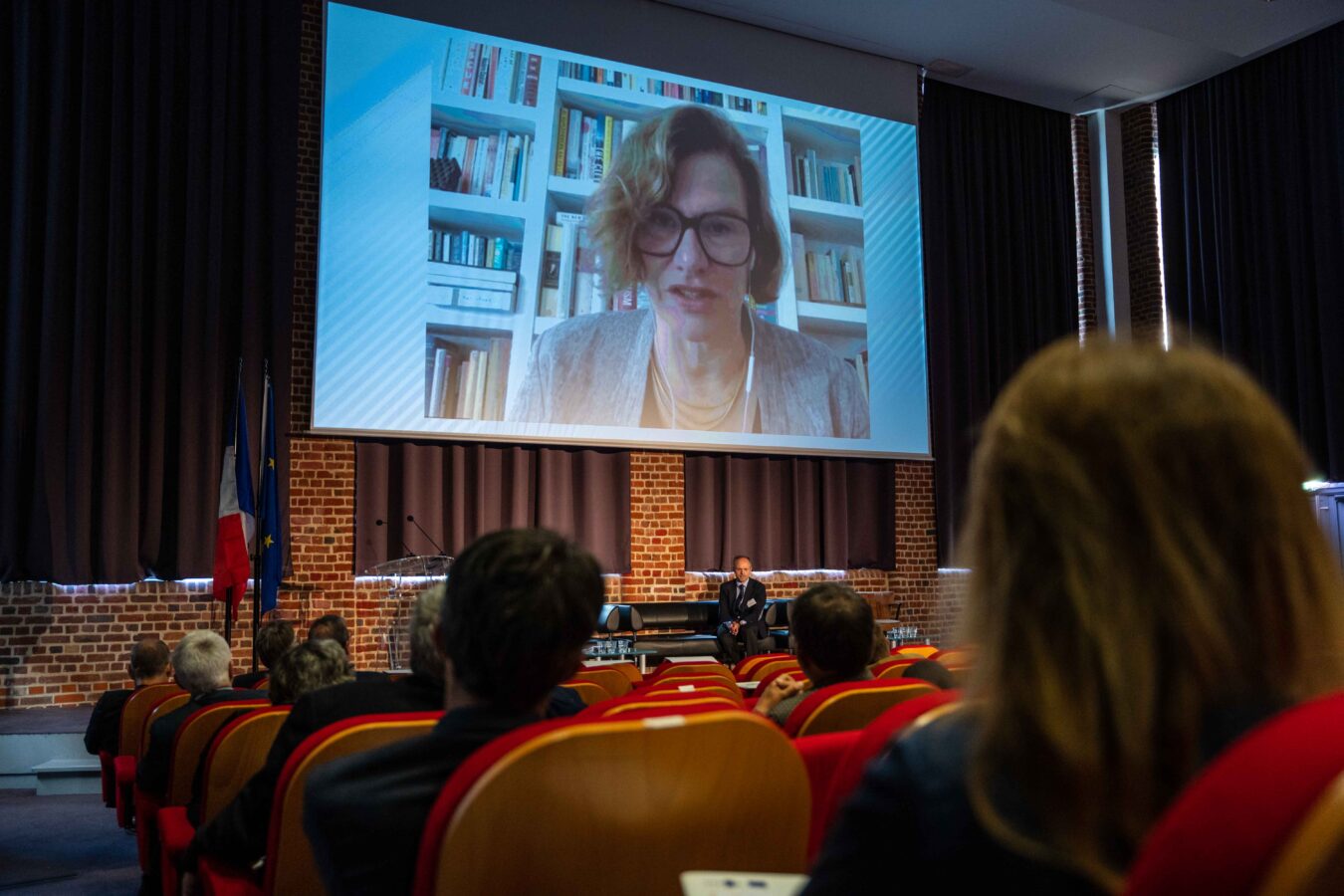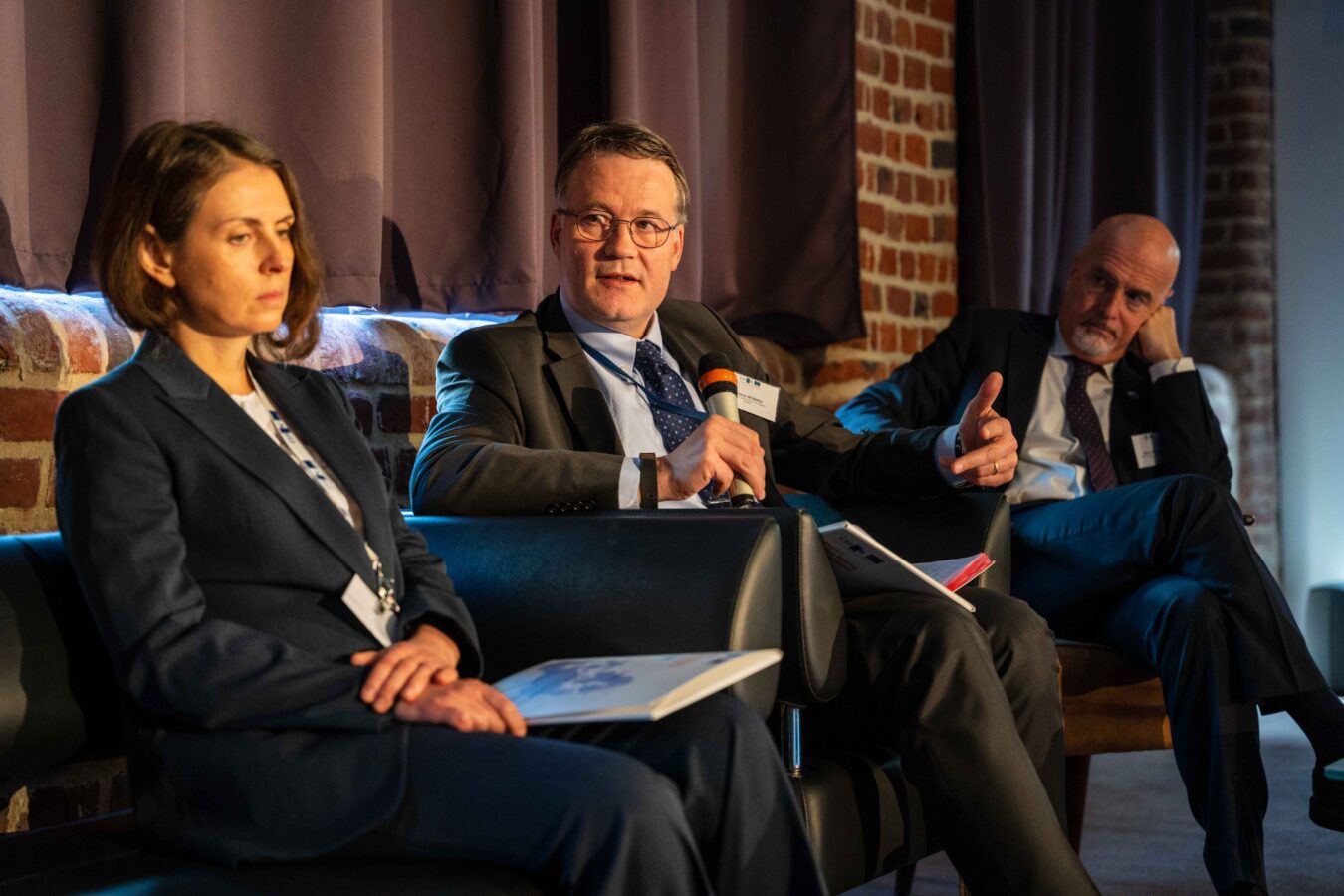What are the new challenges successive crises pose to territorial cohesion in Europe? What are the lessons we learned from the pandemic and the war in Ukraine, and what can we do better to improve the resilience of our territories? Finally, how has Cohesion Policy supported the European regions and cities so far, and is it possible to enhance its use and performance further?
The ESPON seminar in Lille under the title “Stronger together: recovering through crises” held on the 1st and 2nd of June 2022, with the support of the French Presidency, had many questions to answer.
We asked some of the most relevant experts for answers: ULC professor, Mariana Mazzuccato, one of the most influential economists and thinkers today, underlined that “we cannot have territorial cohesion without Green and Just transition and without capacity on the ground”. A Challenge oriented approach and mission-oriented policies are more important than ever, she explained and highlighted that we need market shaping and not market-fixing tools on the ground.
On behalf of the European Commission, Peter Berkovitz, Policy Development and Economic Analysis Director for DG REGIO, presented the main findings of the 8th Cohesion Report. He identified as the main challenges for territorial cohesion the development traps (where development is actually stacked), the growing innovation divide among European regions, the quality of governance, the transition to a carbon-neutral economy, and the demographic change.
Professor Carlos Llano from the Autonomous University of Madrid, presented some eye-opening findings from the ESPON IRIE project on the regional interrelations and flows of goods and people among the EU Regions. Professor Llanos showed that the impacts of the COVID-19 and the war in Ukraine but also their interdependencies that created secondary effects. He explained that these shocks had hit hardest in very different places : Covid in the South, Ukraine war in the East and observed that while it was clear there was no going back whether these shocks would be a Green Deal accelerator or a cause for delaying it was still an open question.
A high level panel with Philippe Cichowlaz, Head of the European Cohesion Policy Unit at the National Agency for Territorial Cohesion, Dragos Pîslaru, Chair of the Committee on Employment and Social Affairs of the European Parliament, Eugenia Maruniak, Director of the Institute of Geography of the National Academy of Sciences of Ukraine, Stefano Palmieri, President of the ECO Section of the EESC, Thomas Wobben, Director for Legislative Works at the CoR and Peter Berkowitz discussed in length the presentations and made proposals on how Europe can recover through crises, and emerge even stronger from them.
Following the plenary debates, a number of workshops went further in analysing in-depth the main questions of the seminar, providing fresh insights from the different ESPON projects on the impact of COVID-19, interregional relations, cultural heritage, digital innovation, housing, transport, productive cities.
The final plenary hosted an interview of Carlos Moreno, professor at the Paris Pantheon Sorbonne University on the 15 minutes city and 30 minutes territory and the impact of the COVID-19 on city planning and a presentation by Olivier Bouba-Olga, Head of Foresight Region Nouvelle Aquitaine (FR) and on why one size does not fit all and territorial specificities, trajectories and interdependencies needed to be taken into accound for deploying appropriate policy responses to local needs. He illustrated this further by highlighting the increasing attention paid to territorial engineering for increasing access to services in French regional and national French policies”.
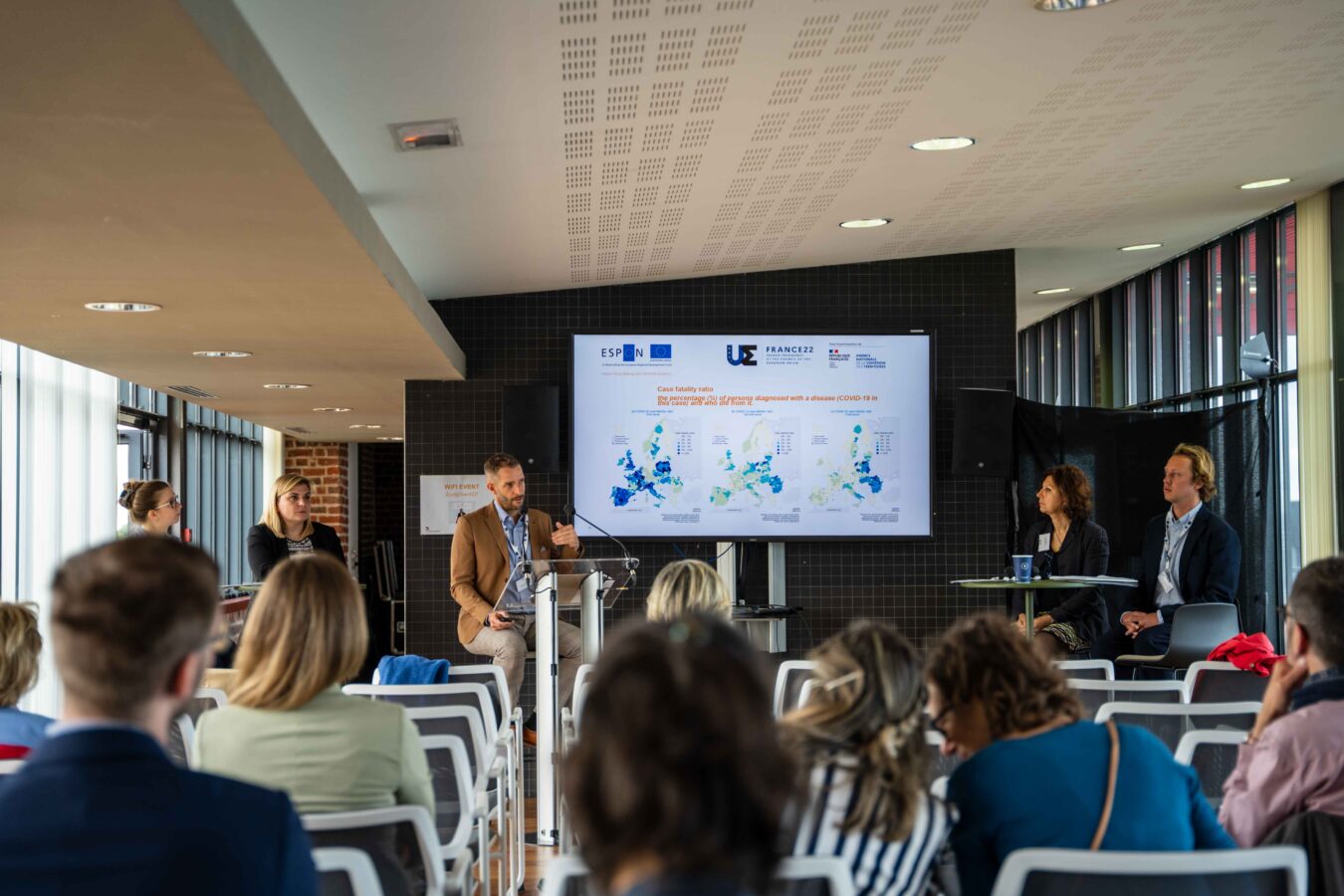 |
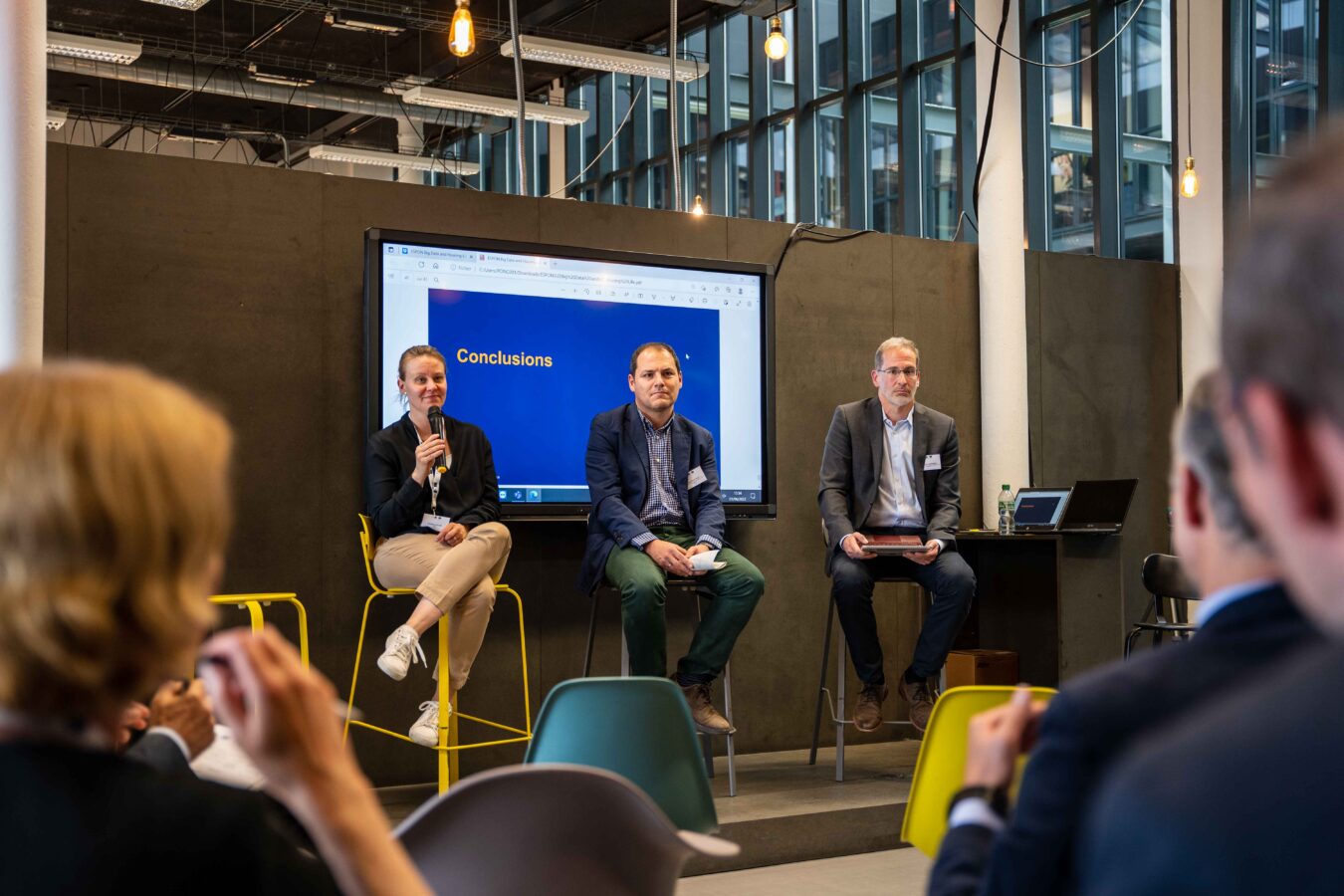 |



